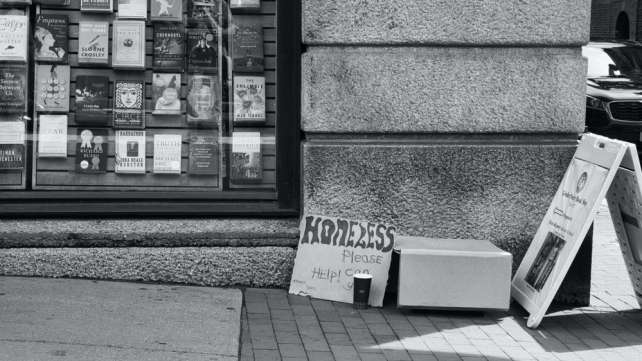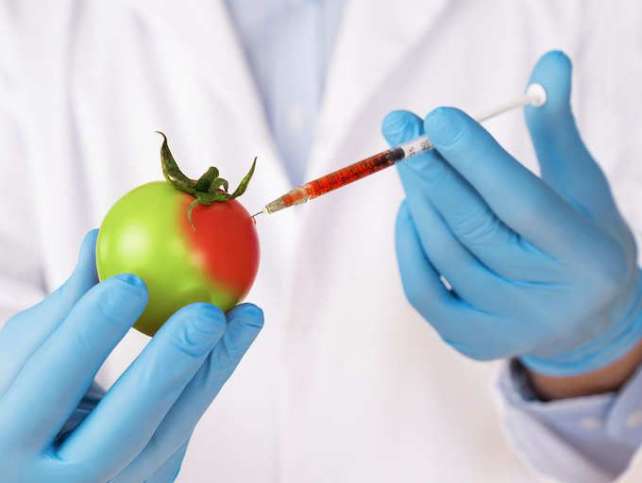Soup Kitchens
A soup kitchen is a center where the hungry and less fortunate can come to eat free meals. They are usually located in lower-income neighborhoods and staffed with volunteers. Food options range from bread and a beverage to fully cooked and nutritional meals.
Most soup kitchens also provide necessities like clothes and hygiene…





